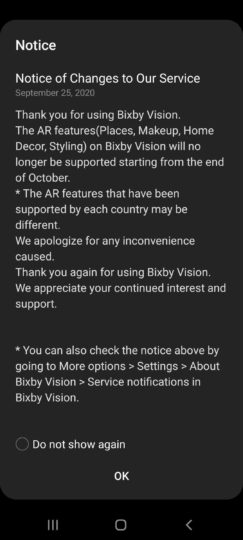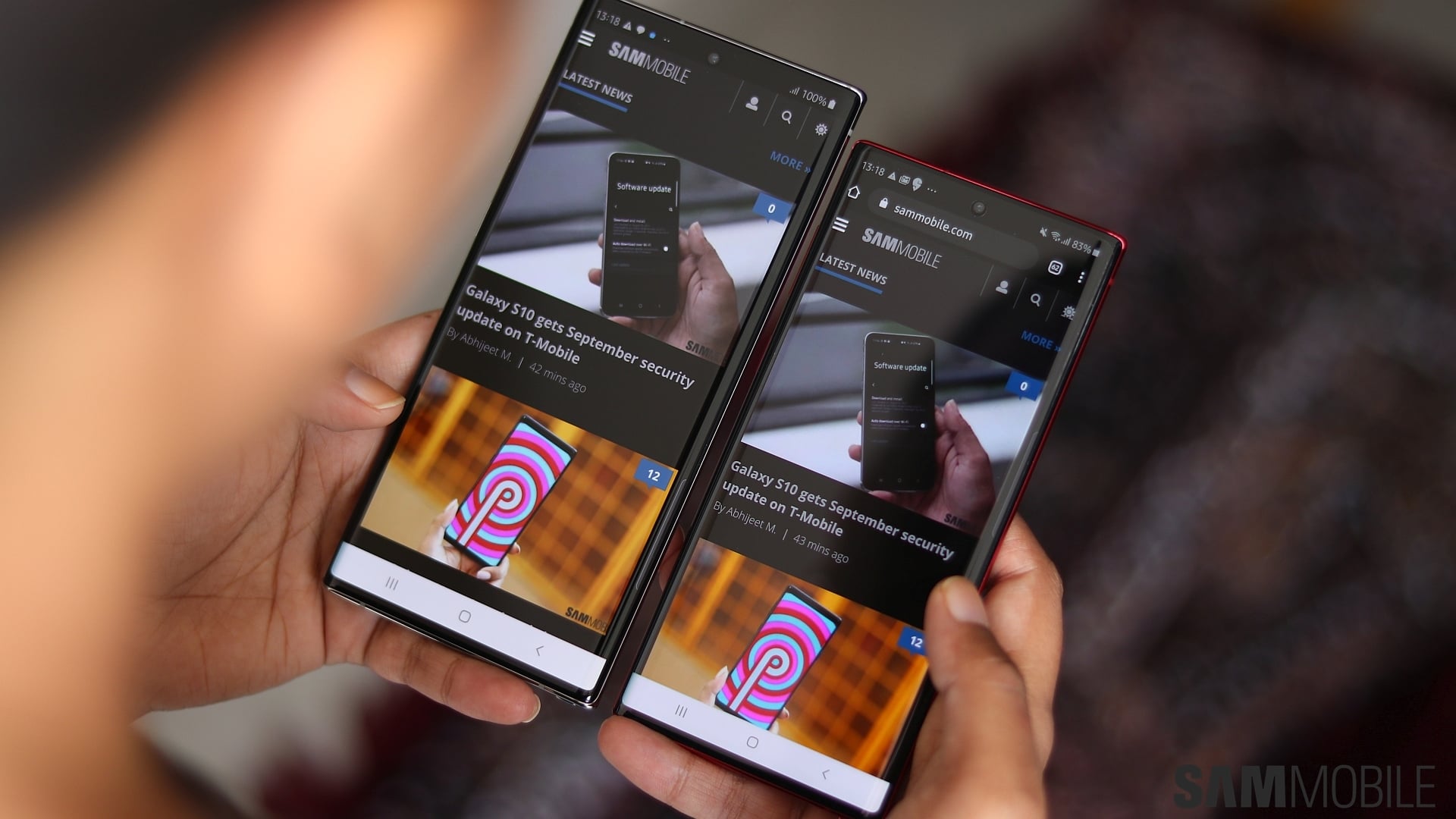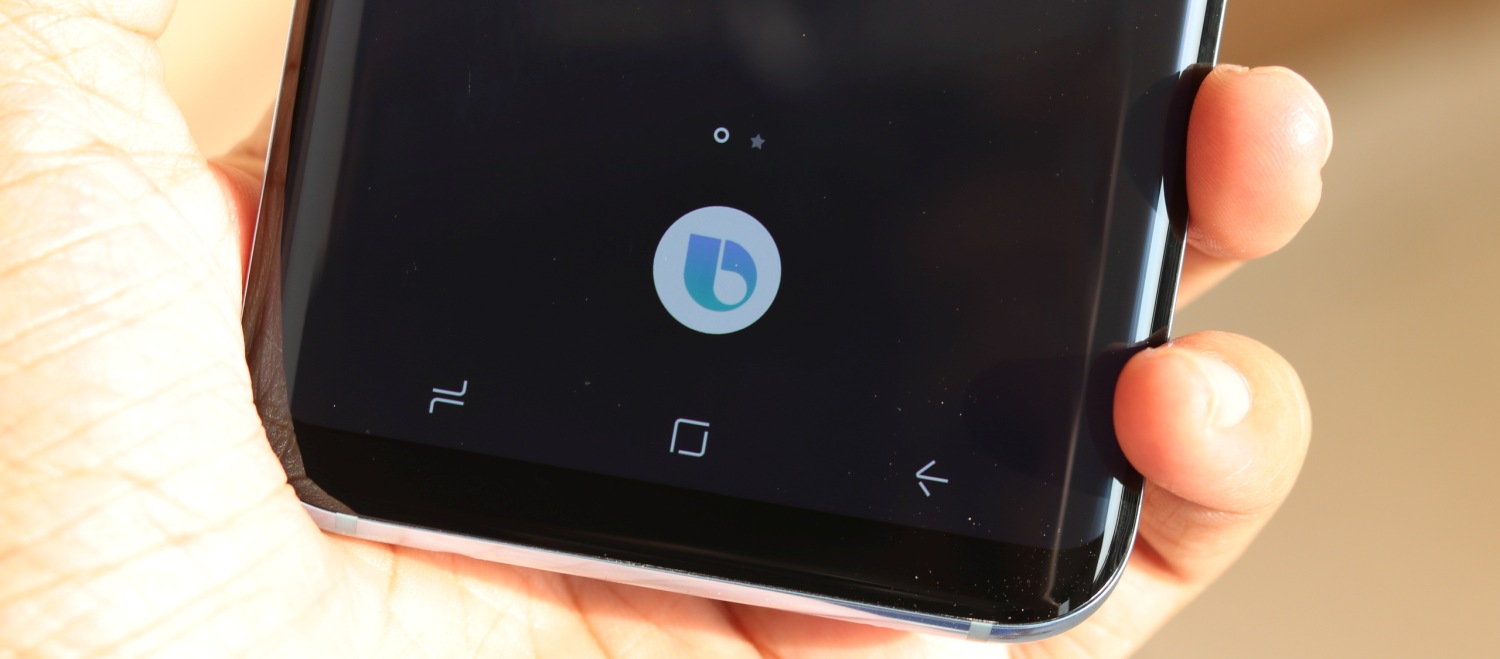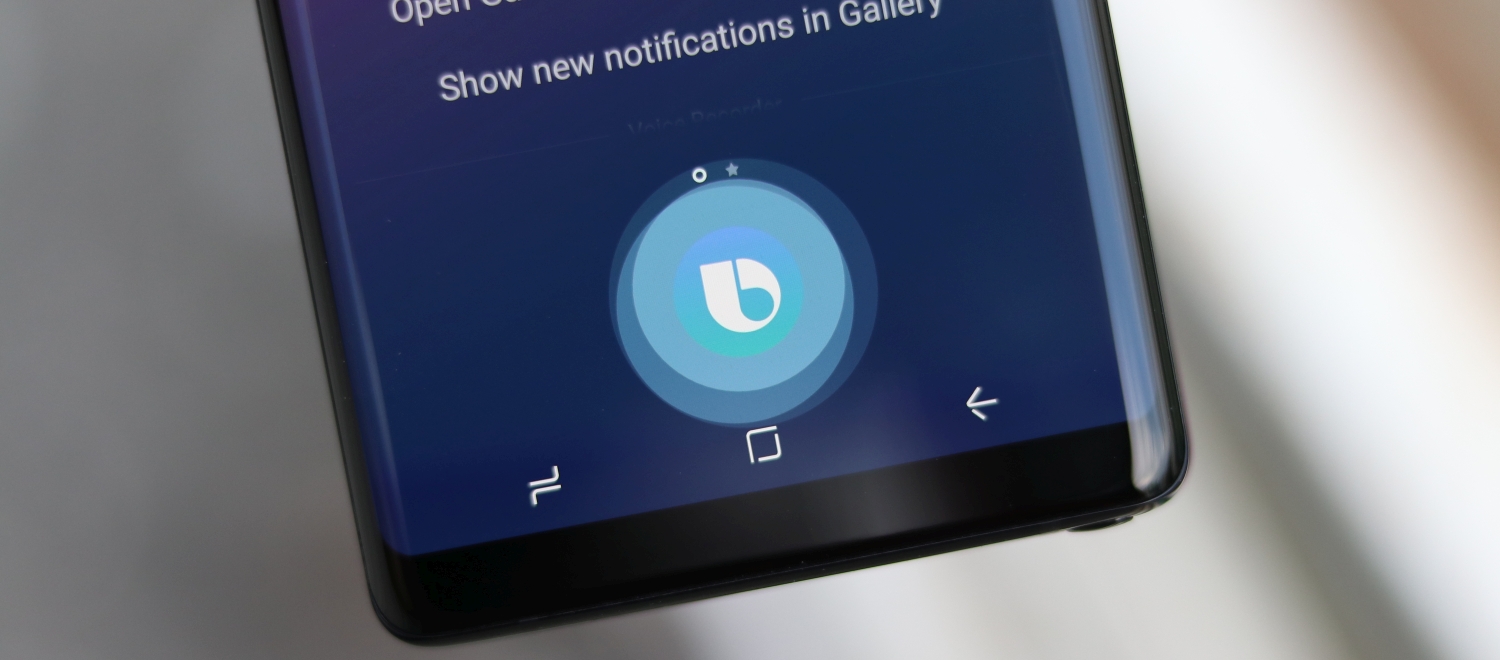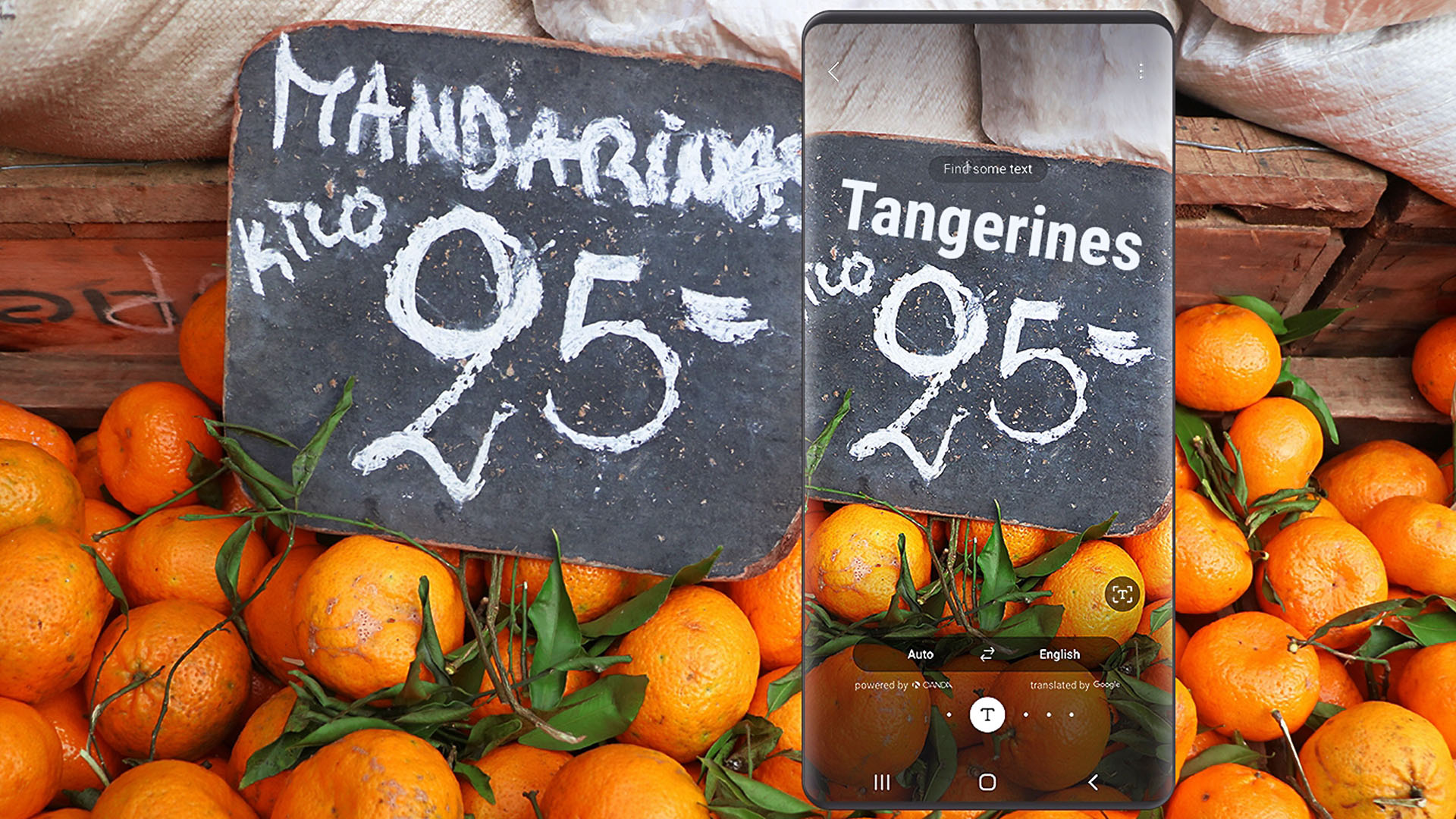
That last part is likely related to the fact Samsung previously started monetizing Bixby Vision through these standalone functionalities, so it may still have exposure-related or other targets to hit as part of relevant obligations toward its partners. And, of course, its latest wave of Bixby AR apps indicates it still hasn't completely given up on its in-house computer vision tool.
What is dead may never AI
Originally intended as a launch feature of the Galaxy S8 series, Bixby Vision was fashionably late to hit Samsung's first 2017 flagships. Its troubled development also continues to serve as a repeated reminder that Samsung's artificial intelligence game is nowhere near its hardware output quality, especially when compared to an AI-first giant like Google.
Speaking of which, this news emerged just as Samsung decided to shutter down the remnants of its Bixby dev outreach team. And both developments lend more credence to the possibility that Samsung embraces more meaningful Google Assistant integrations in the near future. In exchange for lots and lots of currency, naturally, which is what pretty much every version of this rumor has been saying for a while now. Still, getting paid off to drop Bixby – partially or entirely – may not be such a bad outcome for Samsung and is in line with the company's overall strategy shift that saw it start weakening its focus on proprietary mobile apps from early 2020 onward.












